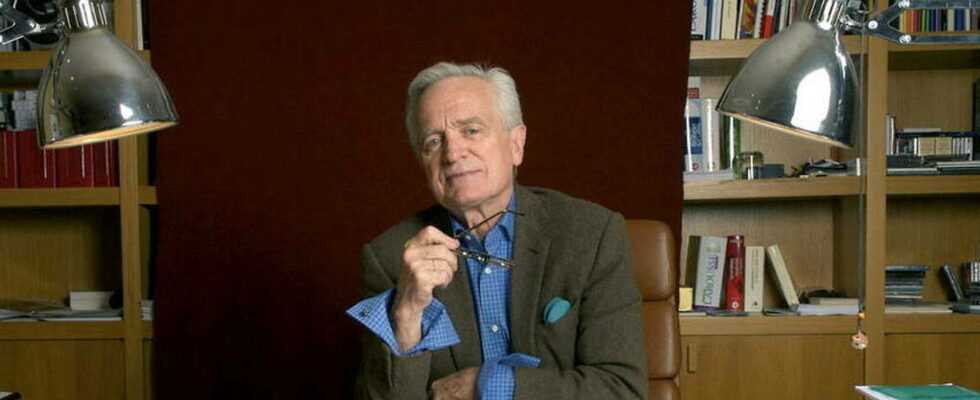L’presidential election over, it’s time for the first findings. First, there is Marine Le Pen’s “extraordinary score” in the French overseas departments and territories. The National Rally candidate actually collected more than 50% of the votes in five overseas territories and achieved her best score in Guadeloupe, with 69.60% of the vote. “It means that anti-vaccination has been virulent and very present”, explains Philippe Labro. Imposed by the government, the vaccination obligation of caregivers had been at the origin of riots in Martinique and especially in Guadeloupe while the security response of the government had been badly received.
READ ALSOJean-François Kahn – The lessons of the presidential election
The second round passed, all the eyes of the political class are now turning to the legislative elections. A decisive ballot, described as the “third round” of the presidential election by Jean-Luc Mélenchon, which could offer La République en Marche an absolute majority. According to projections by the Harris Interactive Institute, it could even be even wider than in 2017. But the President of the Republic will not benefit from “any state of grace”, assures the writer. Then, the opposition is organized, and Jean-Luc Mélenchon is particularly active. The leader of La France insoumise called on his electorate to “get into action” to beat the president in the legislative elections on June 12 and 19. “Is this provocation? asks Philippe Labro.
READ ALSOCoignard – The fantasy of cohabitation
Finally, there is 2027 in sight. “In general, when a president is elected, he immediately thinks of his re-election. There, he does not have to think about it, he knows that he will be ineligible. Will he take the opportunity to write his name in history with a capital H? he asks himself. “Because this is the story that Emmanuel Macron is thinking about,” concludes the writer.
